

SEATTLE — Microsoft plans to buy the powerhouse but troubled video game company Activision Blizzard for nearly $70 billion, its biggest deal ever and one that places a major bet that people will spend more and more time in the digital world.
The blockbuster acquisition, announced on Tuesday, would catapult the company into a leading spot in the $175 billion gaming industry. Games on virtually every kind of device, from bulky consoles to smartphones, have gained even greater popularity during the pandemic. Technology companies are swarming around the industry, looking for a bigger share of attention and money from the world’s three billion gamers.
In an industry driven by big franchises, Activision makes some of the most popular titles, including Call of Duty and Candy Crush. Yet the company has been roiled in recent months by an employee revolt over accusations of sexual harassment and discrimination.
Microsoft framed the deal as strengthening the company’s hand in the so-called metaverse, the nascent world of virtual and augmented reality. The metaverse has attracted huge amounts of investment and talent, though so far is more of a buzzword than a thriving business. Facebook renamed its parent company to Meta late last year to underscore its commitment.
But the focus on the futuristic metaverse belies the significance of the deal in the present: The acquisition helps Microsoft gain on its rival Sony in the long-running battle for gamers’ attentions and wallets by offering top titles. It also helps the software giant stay ahead of powerful newer competitors in gaming, like Amazon and Google.
Phil Spencer, the chief executive of Microsoft’s gaming business, said that whatever the metaverse may end up being, “gaming will be at the forefront of making that mainstream.” For now, he said, the acquisition was about gaining a stronghold in mobile gaming, where Microsoft barely competes, and a studio that produces hugely popular games. He called Call of Duty “one of the amazing entertainment franchises on the planet.”
Federal regulators may raise concerns about the acquisition, as Democrats and Republicans alike have pushed to limit the power of technology giants. On Tuesday, the Justice Department and Federal Trade Commission announced a new effort to broaden how it should determine if deals are anticompetitive.
Microsoft is valued at more than $2.3 trillion, second only to Apple. The takeover of Activision would make Microsoft the world’s third-largest gaming company by revenue, behind Tencent and Sony, the company said. Microsoft now makes Xbox consoles and owns studios that produce hits like Minecraft.
The game industry has been consolidating rapidly. A force behind that — and one that could grab the attention of regulators — is the arms race for exclusive content. Microsoft sometimes makes the games it owns available only on its own devices, such as its Xbox console, and unavailable on those made by competitors, like Sony’s PlayStation.
When asked whether Activision games like Call of Duty would become exclusive to Xbox, Mr. Spencer would say only that “our goal is to allow the content to reach as many players as possible.”
Microsoft has been hunting for ways to spend its immense cash reserve — more than $130 billion — to expand its consumer business. It has looked at acquiring the booming social network TikTok and popular chat app Discord.
In Activision, which faces accusations that senior executives ignored sexual harassment and discrimination, Microsoft found a target under stress. The allegations have weighed on Activision, with its shares falling 27 percent since California sued the company in July over the claims.
The game maker’s shares rose 25.6 percent in trading on Tuesday. Microsoft’s shares fell by 2 percent.
The transaction may be seen as a victory for Bobby Kotick, Activision’s longtime chief executive, whom some critics had sought to force out over the controversy. Mr. Kotick negotiated a big premium for investors — Microsoft is paying $95 a share, roughly 45 percent above his company’s stock price before the announcement, though only slightly more than the trading price before the scandal broke.
Mr. Kotick will stay in his role until the deal is complete. Then the expectation is that he will step down as chief executive, though he could move into an advisory role, according to two people with knowledge of his plans, who would speak only anonymously because the talks were private.
The controversy at Activision began last summer, when a California employment agency sued the company over accusations of fostering a toxic workplace culture in which women were routinely sexually harassed and discriminated against. In the ensuing months, employees staged protests, launched social media campaigns and called for executives to resign.
Some top leaders at Activision did leave, including J. Allen Brack, the head of the Blizzard Entertainment subsidiary, and the company pledged $250 million toward increasing employee diversity and said it would strengthen anti-harassment policies. But when The Wall Street Journal reported in November that Mr. Kotick had known for years about accusations of harassment against employees and in some cases had not taken action, calls for his resignation only grew.
Doing a deal with Activision is something of an about-face for Microsoft, which as recently as November was questioning the company’s culture. In an email to Xbox employees that was earlier reported on by Bloomberg and confirmed by the company, Mr. Spencer wrote in November that he was “disturbed and deeply troubled by the horrific events and actions” at Activision. On Tuesday, he appeared alongside Mr. Kotick to praise the deal, and Mr. Kotick said that he felt the two companies had “similar values and think about our cultures similarly.”
Mr. Spencer said Microsoft “sat down with Bobby and the team and looked at the plan that they have in place,” adding that company culture was always a work in progress. “We are very supportive of the progress that he and the team are making.”
Current and former Activision employees who have been leading the efforts to get the company to reform its culture did not think the purchase was likely to prompt change in the short term, especially because the sale may face a long review from regulators.
The deal could take 12 to 18 months to close, Mr. Spencer said.
“We will continue to fight for improvement and stress proper employee representation,” said Jessica Gonzalez, a former Activision employee and one of the organizers of the ABetterABK activist movement. She added that “this doesn’t change anything.”
Game companies, flush with cash since the pandemic increased the industry’s profits, have been consolidating rapidly. The previous record for the biggest merger in the game industry was set just last week, when Take-Two Interactive, the creator of games like Grand Theft Auto, announced plans to buy the mobile game publisher Zynga for more than $11 billion.
Last year, Electronic Arts and Take-Two engaged in a bidding war over Codemasters, a racing game company — eventually selling to EA for $1.2 billion. Microsoft made another splashy purchase in 2020 when it bought ZeniMax Media and its slate of gaming studios for $7.5 billion.
Activision itself was the product of serial deal-making by Mr. Kotick over decades, rolling up smaller game studios. It took shape in its current form when Activision — then known primarily for producing titles for traditional gaming consoles — agreed to combine with the gaming unit of France’s Vivendi to expand into multiplayer online games like World of Warcraft.
Activision later bought King, the European gaming company behind Candy Crush, to expand into mobile games. King produced $1 billion in operating profit during the latest 12-month period.
“Scale truly is a tremendous benefit in the world of gaming,” said Hope Cochran, King’s former chief financial officer who is now a managing director at Madrona Venture Group. “You want to build a community, and you need enough people to build it.”
Activision’s gaming efforts are facing headwinds. Players panned the most recent Call of Duty release, and releases of titles like Diablo and Overwatch have been delayed. Still, Activision remains quite profitable, reporting $639 million in profit in its most recent quarter.
Mr. Kotick characterized the deal as a calculation that Activision did not have the tools to keep up with big tech companies like Google, Apple, Amazon and Tencent in the rapidly evolving gaming landscape.
“We realized it was going to be an increasingly competitive world with resources that we just didn’t have,” he said.
24World Media does not take any responsibility of the information you see on this page. The content this page contains is from independent third-party content provider. If you have any concerns regarding the content, please free to write us here: contact@24worldmedia.com
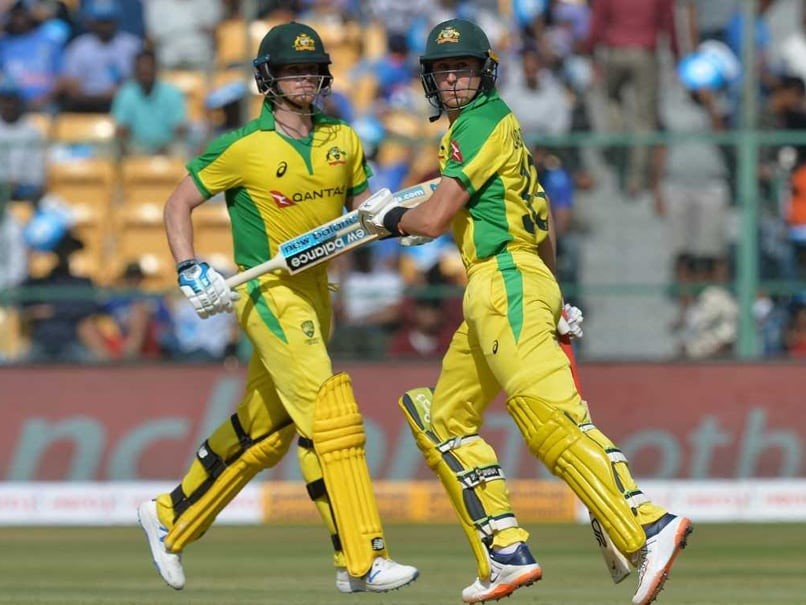
Marnus Labuschagne Caught Off-Guard By ODI Captain Call After Steve Smith Snub
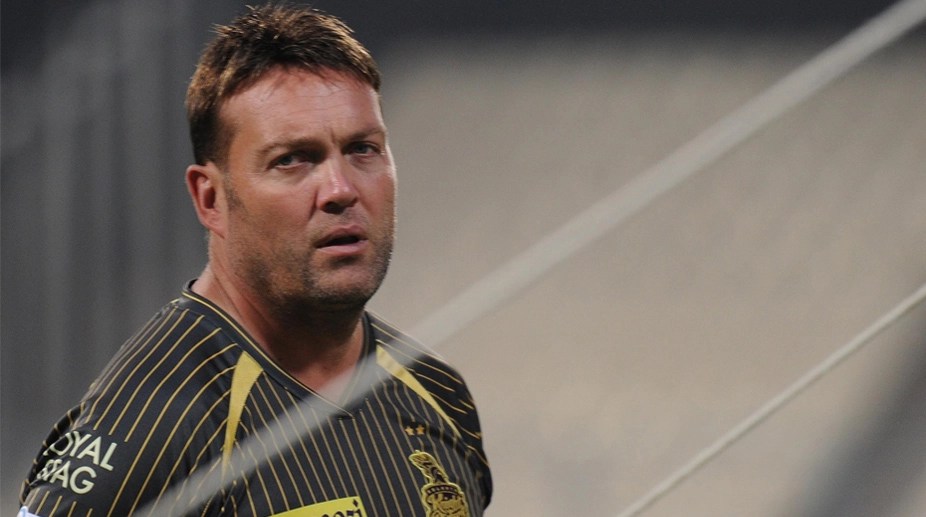
Everyone Is Looking Forward To It, The Standard Will Be Very High – Jacques Kallis On CSA’s SA20
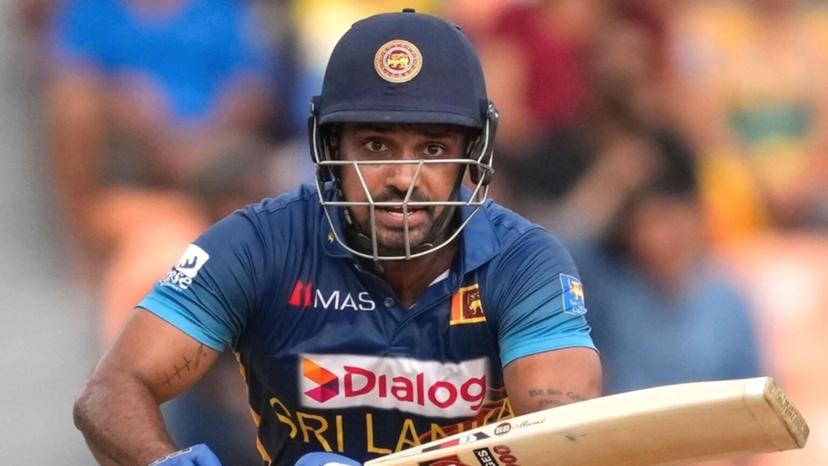
Danushka Gunathilaka Granted Bail On Sexual Assault Charges
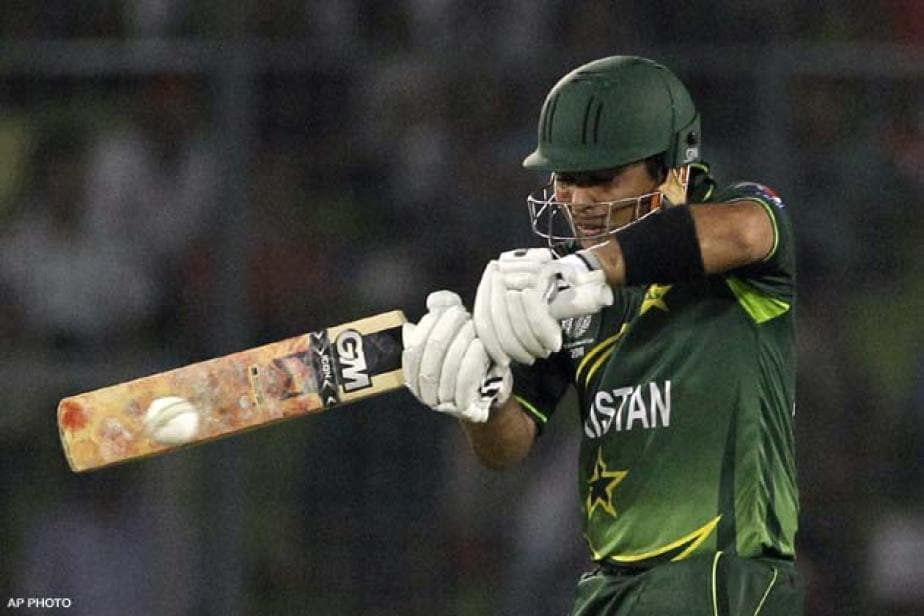
Ramiz Raja Sends Legal Notice To Kamran Akmal For Defamatory, False Claims Against The Board

Harbhajan Singh Reckons Mumbai Indians Should Release Kieron Pollard Ahead Of The IPL Auction 2023
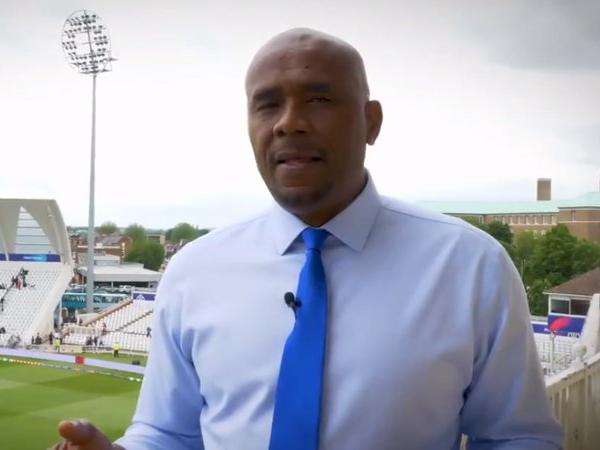
Ian Bishop Praises Sam Curran For His Performances On Bouncy Australian Tracks

Why Choose A Career In Child Psychology?